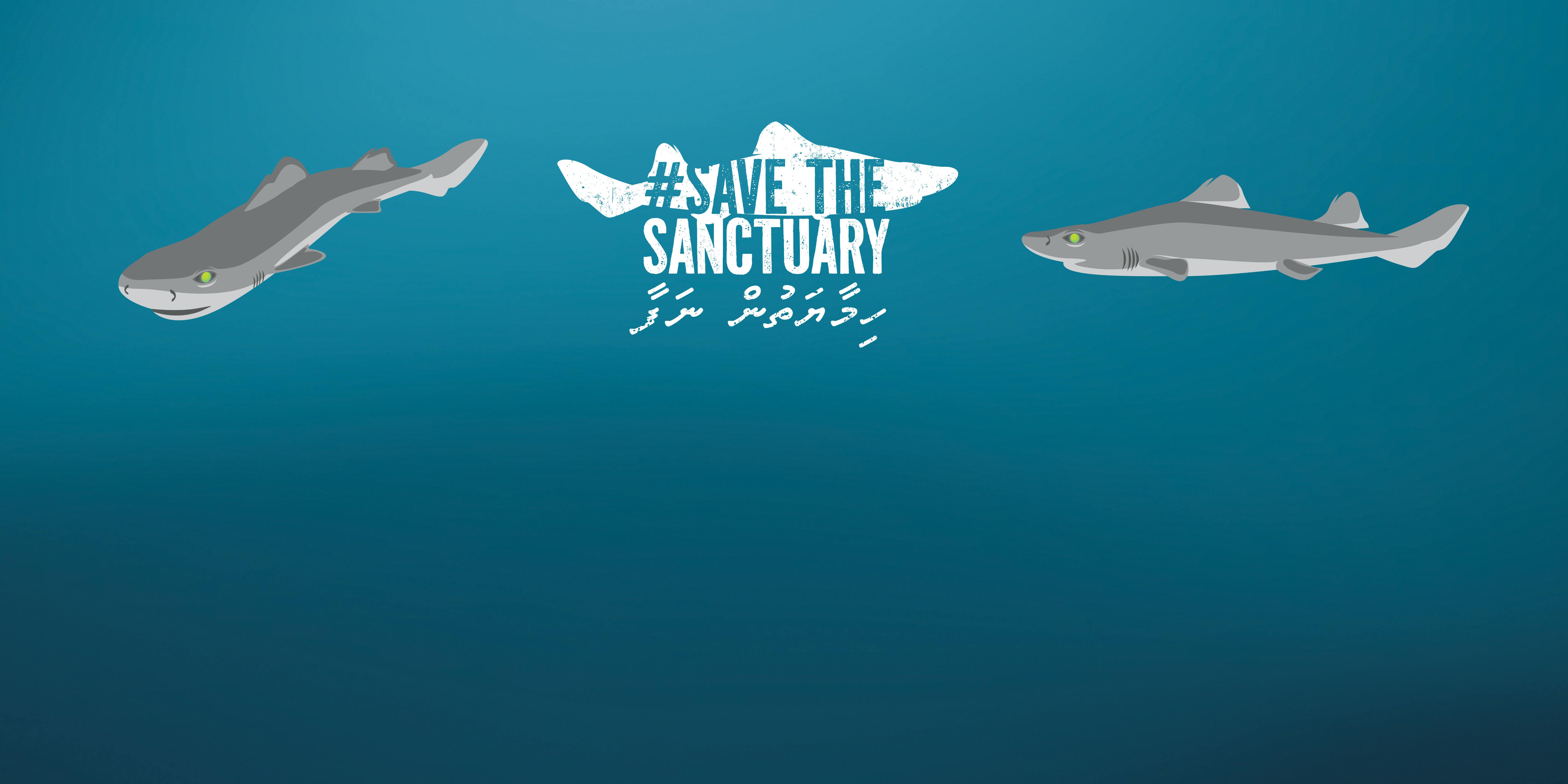Late last night, after two weeks of intense negotiations, delegates meeting at the United Nations finally agreed to language for a High Seas Treaty. This is a major milestone in a nearly two-decade effort to secure a treaty to govern and protect the High Seas, which make up 70% of the ocean and cover nearly half the planet. More than 160,000 supporters spoke up and urged leaders to act. This public support, along with the great work of partners like RISE UP, the High Seas Alliance, Greenpeace, and more, helped show decision-makers that people all over the world were watching and wanted action — and they delivered. There is still more work to do, as nations will now need to formally adopt the language and ratify the treaty at the country level. We will continue to keep you updated on campaign developments and the critical moments where we need your support.
The Maldives is one of 17 shark sanctuaries in the world and the only one in the Indian Ocean. But this sanctuary is now at risk.
In November 2025, the Maldivian government plans to reopen gulper shark fishing and legalise vertical longlining, a move that risks not only biodiversity and food security, but also the Maldives’ global reputation as a leader in ocean protection.
Gulper sharks are among the slowest-reproducing sharks on Earth, taking more than two decades to mature and give birth to just one or two pups every few years. When gulper shark fisheries last operated in the Maldives, they collapsed in only a few years, wiping out more than 90 per cent of the population. To date, there is no evidence the species has recovered.











